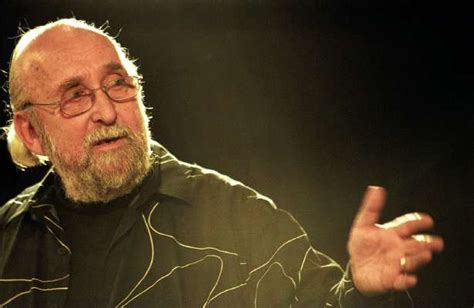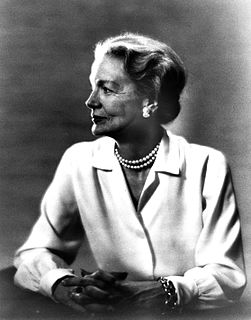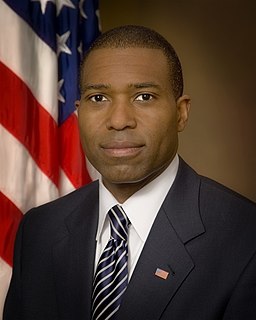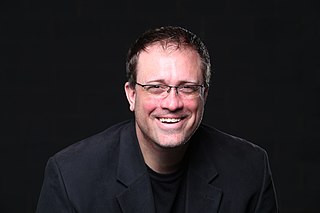A Quote by Seamus Heaney
In a war situation or where violence and injustice are prevalent, poetry is called upon to be something more than a thing of beauty.
Related Quotes
All violence is injustice. Responding to violence with violence is injustice, not only to the other person but also to oneself. Responding to violence with violence resolves nothing; it only escalates violence, anger and hatred. It is only with compassion that we can embrace and disintegrate violence. This is true in relationships between individuals as well as in relationships between nations.
This violence is so pervasive. We see it in our schools, where we have more security guards now than teachers. We see it in California where more prisons are being built than colleges. It goes on and on. We see it in a trillion-dollar war budget, politics becoming an extension of war rather than vice versa. This violence is like a fog. It covers everything.
I'm saying that the domain of poetry includes both oral & written forms, that poetry goes back to a pre-literate situation & would survive a post-literate situation, that human speech is a near-endless source of poetic forms, that there has always been more oral than written poetry, & that we can no longer pretend to a knowledge of poetry if we deny its oral dimension.
I came to the conclusion that war was an unacceptable way of solving whatever problems there were in the world--that there would be problems of tyranny, of injustice, of nations crossing frontiers and that injustice and tyranny should not be tolerated and should be fought and resisted, but the one thing that must not be used to solve that problem is war. Because war is inevitably the indiscriminate killing of large numbers of people. And that fact overwhelms whatever moral cause is somewhere buried in the history of that war.
I began to think of war, even so-called "good wars" like World War II, as corrupting everybody. Violence begetting violence. The good guys beginning to act like the bad guys. And when I studied the history of wars, it seemed to me that that was the case. Athens vs. Sparta in the Peloponnesian War. The Athenians presumably the democratic state. The Spartans the totalitarian state. But as the war went on, the Athenians began to act like the Spartans. They began committing atrocities and cruelties. So I saw this as a characteristic of war, even so-called "good wars."
I feel that non-violence is really the only way that we can follow because violence is just so self-defeating. A riot ends up creating many more problems for the negro community than it solved. We can through violence burn down a building, but you can't establish justice. You can murder a murderer, but you can't murder murder through violence. You can murder a hater, but you can't murder hate. And what we're trying to get rid of is hate, injustice, and all of these other things that continue the long night of man's inhumanity to man.
Remember what Hannah Arendt said when she was talking about fascism and totalitarianism. She said thoughtlessness is the essence of totalitarianism. So all of a sudden emotion becomes more important than reason. Ignorance becomes more important than justice. Injustice is looked over as simply something that happens on television. The spectacle of violence takes over everything.





































